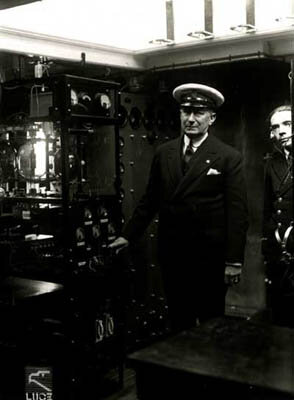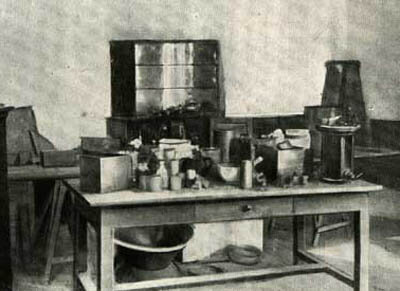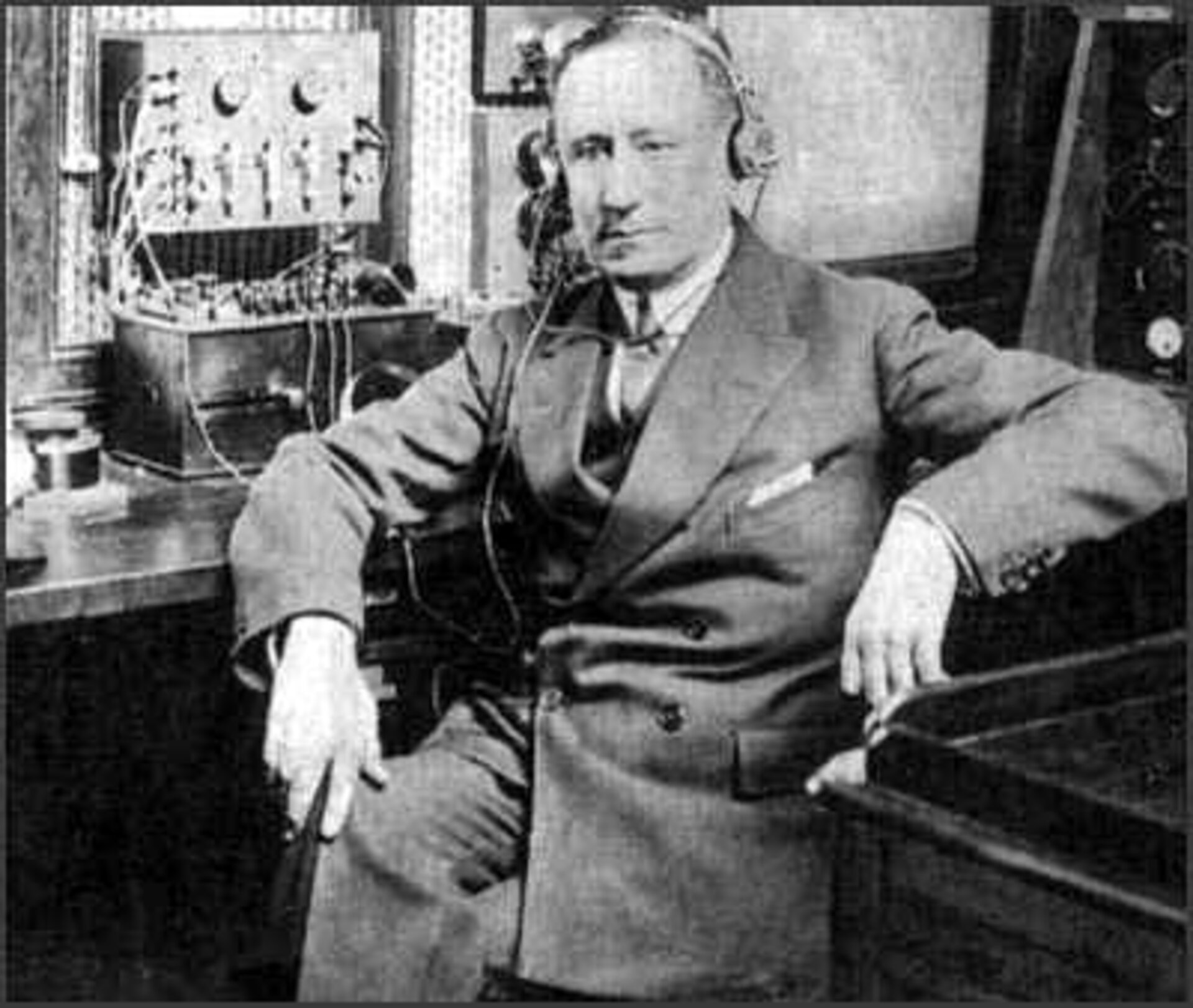From mobile phones to missions to Mars, Marconi's wireless magic made it possible
"It was shortly after midday on December 12th 1901 that I placed the single ear phone to my ear and started listening. The receiver on the table in front of me was very crude with few coils, no valves, no amplifiers, not even a crystal!"
Those are the words of Italian inventor and electrical engineer Guglielmo Marconi. His receiver may have been crude but without it, modern technology as we enjoy it would not exist.

At 12.30 p.m. on that day, 100 years ago, in Saint John's, Newfoundland, Marconi's receiver picked up the first-ever wireless telegraph message to cross the Atlantic Ocean. The landmark communication - the three dots of the letter 's' in Morse code - had begun its journey from a 164 feet (50.5 m) high antenna mast that Marconi had erected 2,232 (3,571 km) miles away in Poldhu, Cornwall, England.
Many experts had been convinced that the curvature of the Earth would prevent the transmission; the 27 year-old Marconi proved them wrong. He was awarded the Nobel Prize in 1909.
Within years, words and music were being broadcast by radio and ocean going ships had been equipped with wireless transmitters, an innovation which was to save many lives. Indeed, when Marconi died in 1937, the British newspaper the Daily Herald reported that his 'most cherished possession' had been a gold tablet presented to him by 600 survivors of the Titanic.

Born in Bologna, Italy in 1874 to an Italian father Giuseppe and an Irish mother - Annie Jameson from County Wexford, Marconi moved to England in his 20s where the Postmaster General William Peace saw his potential. During the 1920s, Marconi turned his attention to short waves and microwaves. Unlike long waves, short waves could be broadcast at night and did not require powerful transmission systems. In 1932, Marconi's team built the first microwave telephone system paving the way for the modern telecommunications revolution.
"An Italian with an Irish mother who made his name in England, Marconi was a European who made an immeasurable international contribution," said John Credland, ESA's Head of Scientific Programmes. "Before his wireless, all telecommunications had been by cable. Without that ability to transmit through space, space exploration would have been unimaginable."
To mark his death all radio broadcasts worldwide ceased for a genuine Minute's silence. Marconi's legacy is that it could never happen again.




